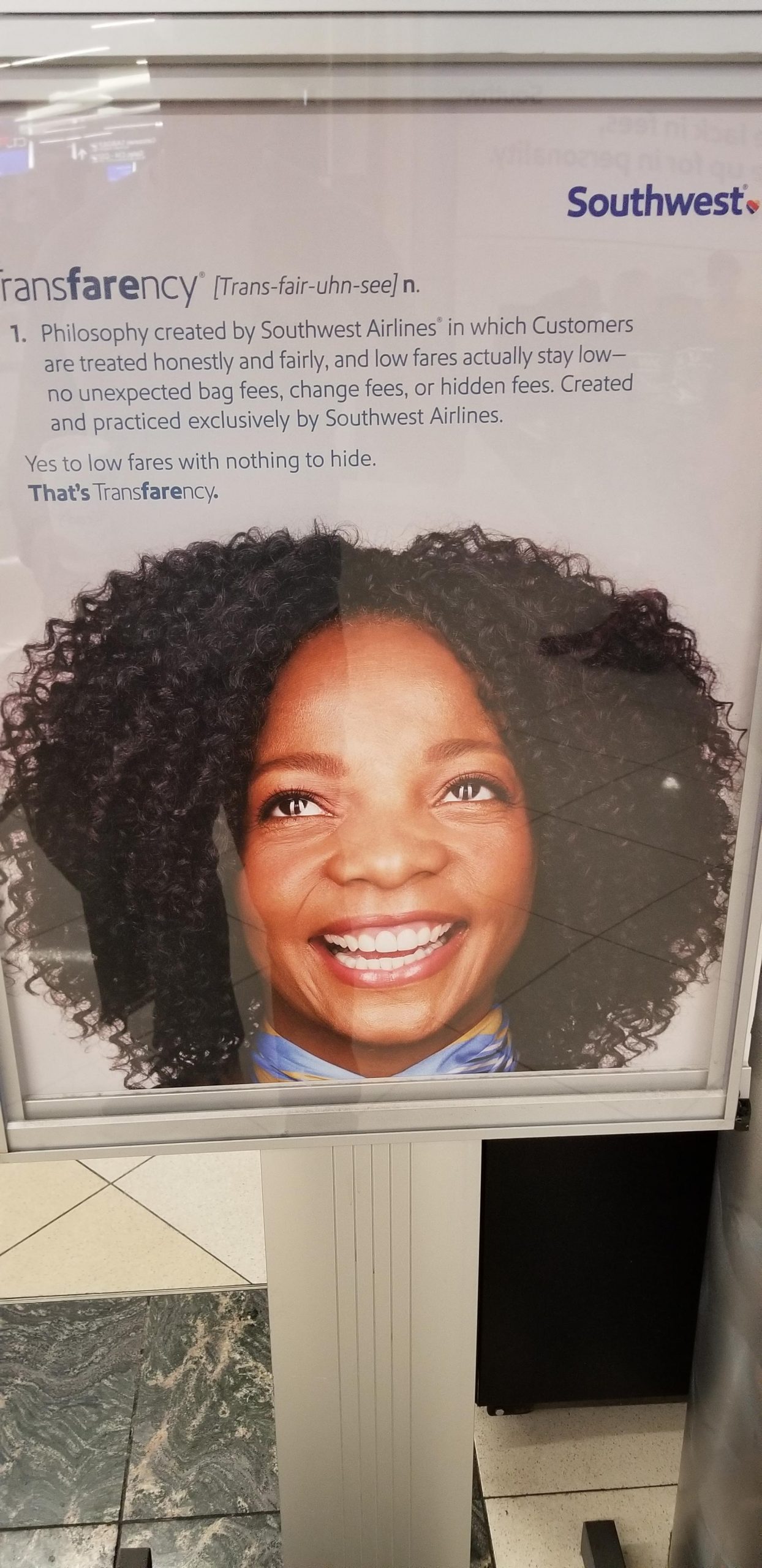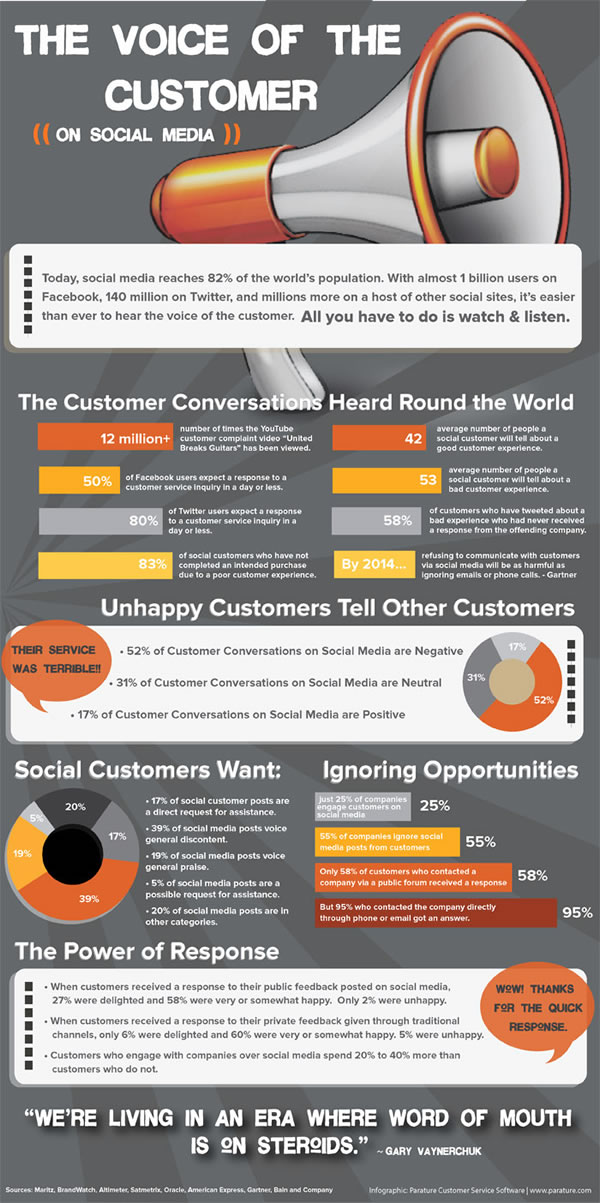Pilot or Passenger II – How Real Estate Agents Can Differentiate: The Sequel
A couple of weeks ago, in the first post of my Pilot or Passenger blog series, I wrote about how real estate agents can differentiate themselves (differently). I suggested that everyone has their own unique gift—something that no other competitor could ever truly copy.
I realize there are plenty of agents out there who still aren’t convinced that they have a gift powerful or relevant enough to set themselves apart. If you fall into that category, then welcome to part II of Pilot or Passenger. I’m going to suggest that empathy, on a deeper-than-average level, is something real estate could never have enough of.
What is empathy?
We all know what empathy is. But sometimes staring at the definition of such a powerful concept face-to-face is warranted, especially when we’ve got a business to run. So let’s all take a moment to soak in the sunshine…
Empathy n. (ˈempəTHē): “the ability to understand and share the feelings of another.”
Now let’s turn to Wikipedia to define another term: marketing! After all, marketing is the thought process required to put to rest that million dollar question about how we differentiate ourselves to the market, right?
Here’s the Wikipedia definition:
“Marketing is the study and management of exchange relationships. Marketing is used to create, keep and satisfy the customer. With the customer as the focus of its activities, it can be concluded that Marketing is one of the premier components of Business Management – the other being innovation.”
As we continue on, let’s allow these two definitions to engage on a hot little date in the back of our minds. These two concepts are (in my opinion) the most compatible yet underutilized concepts applied by businesses today. In other words, these two concepts are your secret weapon, should you choose to obsess over them!
In college, hands down my favorite course was a little marketing class called Consumer Behavior. There was something incredibly intriguing about it. The course was essentially about the psychology of how people make shopping decisions. It was taught by our Dean, Dr. Joe Alexander, who was one of my most respected professors; I think what I really liked about him (other than the fact that he resembled the Simpson’s neighbor, Ned Flanders) was that his intentions in all things were clearly good and genuine. This is significant, because so many marketers approach consumer psychology with ill intent (such as tricking people into buying a product or service that the marketer knows is subpar). The fact that this course was taught by a person who clearly markets with good intentions was a lesson in its own right that stuck with me throughout my career.
In other words, if your service is sub-par, hold off on the marketing until you know that you deserve your customer’s money.
This class taught me that, essentially, marketing is a psychology, not a trick, and it’s okay to take pride in perfecting this art. And the more upstanding you can be about your intentions, the better.
A desire to focus your marketing on empathy is perhaps the most upstanding intention you could ever dream up for your marketing plan. And if it’s sincere, there’s hardly a way you could ever go wrong with it.
How Southwest Airlines Wins on Empathy…and Free Hugs
Ask me what my favorite brand is as a marketer and I’ll tell you without hesitation that I LOVE Southwest Airlines.
In fact, I’m writing this post as I’m waiting for my flight home from a quick trip to Alabama. I had a long flight with a layover in Houston, but my first leg was delayed by 20 minutes. When I asked the ticketing agent if there were any direct flights I could get in on standby, the agent, Joyce, informed me that any delay over 15 minutes grants me a free transfer when availability allows. She got me on a direct flight and I’ll be home 2 hours early.
Joyce and I bumped fists as she handed over my new ticket.
This agent also surpassed the expectations of the two women ahead of me in line. I’m not sure what their story was, but they both stepped around the counter to give Joyce a hug. Jokingly, I told Joyce I’d like to hug her, too. Without hesitation, and with a big smile on her face, she came around and wrapped me a big hug, too.
Who does that? Apparently, the kind of people Southwest hires.
This is one reason I love Southwest Airlines; from their heart-emblazoned logo, to the people they hire, to the no-surprises approach to fees that they have branded “transfarency,” one thing is very consistent about the experience…it is 100% focused on customer empathy. And their customers are among the most loyal in the business.
 I also love Southwest because they are pioneers in how they run their airline. While all others assign seats, Southwest gives their customers the power to choose their own seats. It’s a logical process of first-come-first-serve; the sooner you check in, the better your chances of getting a window seat. Surely this doesn’t appease all travelers, but I bet most would agree that this fair approach enhances their experience with the airline.
I also love Southwest because they are pioneers in how they run their airline. While all others assign seats, Southwest gives their customers the power to choose their own seats. It’s a logical process of first-come-first-serve; the sooner you check in, the better your chances of getting a window seat. Surely this doesn’t appease all travelers, but I bet most would agree that this fair approach enhances their experience with the airline.
While other airlines challenge each other with the sneakiest tactics to make an extra buck, Southwest says, ‘Hey, we know you hate that. Enjoy two bags for free. No fine print.’
I could go on all day long about Southwest—did I mention the woman who made a balloon animal for my 4 year old as we were waiting to board our departing flight just a few days ago?
I’ll just say that they totally win on empathy.
What can real estate agents do to also win on empathy?
The obvious first step here is that to win on empathy, we must first be empathetic. To some people, this comes very naturally. If you’re like me, it doesn’t always come so easily. I once had a conversation with a psychologist friend of mine over a beer, and I admitted that I can be very introverted. He asked me why, and my answer was something along the lines of feeling skeptical about other people’s intentions.
Without sugar coating his opinion, he identified this as a selfish and not-so-empathetic approach to life. He challenged me to go for a walk and look into everyone’s eyes who I might pass by, and smile, but to also think and wonder about what pains each person might be suffering. Because there are many: loss of loved ones, illness, financial struggles, conflict, addiction, etc.
I did this and amazingly enough, while it didn’t totally cure my introvertedness, I found myself caring about people more often, and today my opinions are now formed a little bit differently upon first sight. It reminds me of why empathy goes a long way in marketing.
We need to take a similar approach with our customers; they are not robots that we can program and manipulate to give us their money. We’re talking about real people, just like you and me, who have essential needs. Some of these needs are ego-driven, and others are more about being heard and understood. It’s the latter of the two that we must focus on, if we are to win on empathy.
If you’ve never heard of a Voice of the Customer program, the biggest of companies almost always employ a VoC program to stay ahead of their masses of customers’ needs. Here’s a nice infographic that illustrates how small companies can accomplish the same, particularly around utilizing social media for identifying pain points for small businesses.

Source: https://www.i-scoop.eu/listen-voice-customer-stop-business/
Pro tip: VoC is essentially a workflow! (click to visit our workflow training series)
The good news for real estate agents compared to other SMBs (Small-to-Medium sized businesses) is that the selling process has very specific milestones from inquiry to close (and beyond). There are unique and fairly universal pain points for each milestone.
My wife and I just bought our first home last month and I can tell you that these were our pains and fears throughout the process.
- Initial inquiry: Will we find a home that fulfills our desires, even in our limited price point? We’re scared a bit about the competition.
- Making an offer: Is this agent really our advocate, or does she have ulterior motives? Is she seasoned enough to know how to play the game and win us our home?
- Losing in a bidding war: We feel doubt that we’ll find another home as much as this one. Heartbreak. Loss of motivation.
- Making a second offer: Our attitudes are a lot more cautious. Feeling more anxiety about the competitive buyers market.
- Going under contract: Excitement, but immediate dissonance. Feeling doubt about our budgeting. Nervous.
- Paying earnest money: Dissonance x2.
- Home inspection: Anxiety over how to read our report; what matters, what doesn’t? Overwhelmed by new concepts like radon…
- Underwriting: Anxiety, overwhelmed with paperwork. Unexpected “approved with conditions.” Impatient.
- Clear to close: Relief. Dissonance x3.
- Closing: Celebration. Dissonance x4.
- Moving in: Tired, some surprise discoveries. Finding daycare. Learning the neighborhood. Dissonance x5.
- Our first mortgage payment; Our first year, etc. At this point for me personally, my fears have finally settled. But this doesn’t mean there’s not an opportunity for my realtor to pop back into the picture. In fact, this is a perfect time for a check in, to make sure we’re excited (we are!) and rather than just ask for a review, ask for referrals! At this point, we are very happy to post something online, a rave about our realtor, and even a personal introduction to other people we know who are buying or selling. I’d even welcome a visit to our home from our realtor for a video testimonial, which would make for some really great evergreen content for Facebook, Instagram, Twitter, Linkedin, YouTube… (you name it).
The above list is not even fully comprehensive, yet I’m seeing 12 incredible marketing opportunities where empathy would be a perfect opportunity for differentiation. For each of the above milestones, with a little creativity, you have an awesome opportunity to stand out, to show empathy, to win referrals. Do you effectively take advantage of all of these events to market with empathy, or do you simply go through the motions?
You might even learn that these pain points differ based on the clients’ budgets—what are first time home buyers concerned about upon paying their earnest money vs. a buyer in the $1M range?
Should you decide that you want to make empathy your primary differentiator, how can you use all of these pain points to become the Southwest Airlines of Real Estate? At what milestone does the proverbial balloon animal come into play? How can you model your brand and company image (logo, business name, tagline, etc.) to address as many of these pains as possible and illustrate that YOU are the Southwest Airlines of realtors (hint: I’m seeing a lot of ‘dissonance’ here)? What kind of photo-worthy, social-media shareable opportunities exist?
That’s up to you! And in the wise words of Og Mandino, “Tomorrow is only found in the calendar of fools”. If I’ve inspired you enough to think about how you can take empathy to the next level and model your business around it, don’t wait. Start writing out your plan and challenge yourself to take the first step in making changes today.
I’d love to hear about the first person who comes you your mind who is exceptionally empathetic. Leave a comment below and tell us who/why!
Want to see a Part III to this series? Like this post! As long as I keep getting love, I’ll keep going with the Pilot or Passenger series. 🙂





